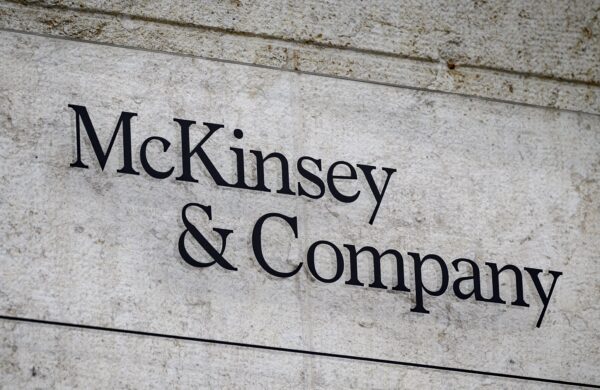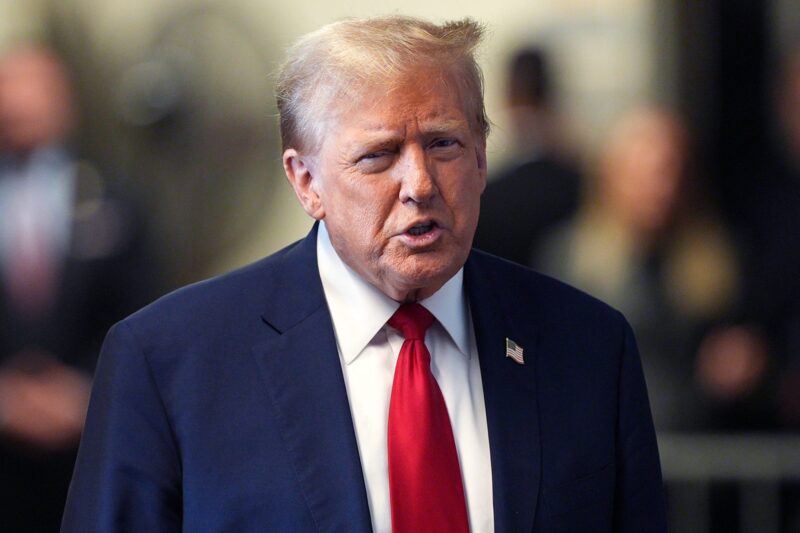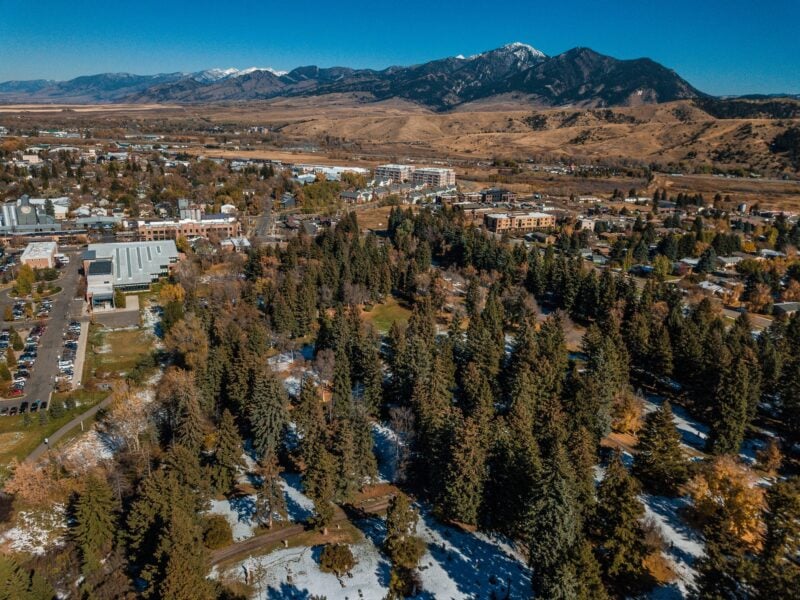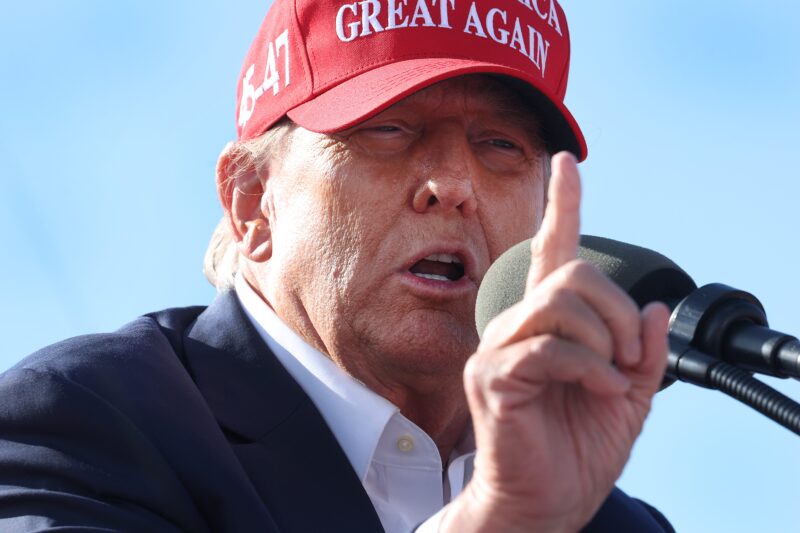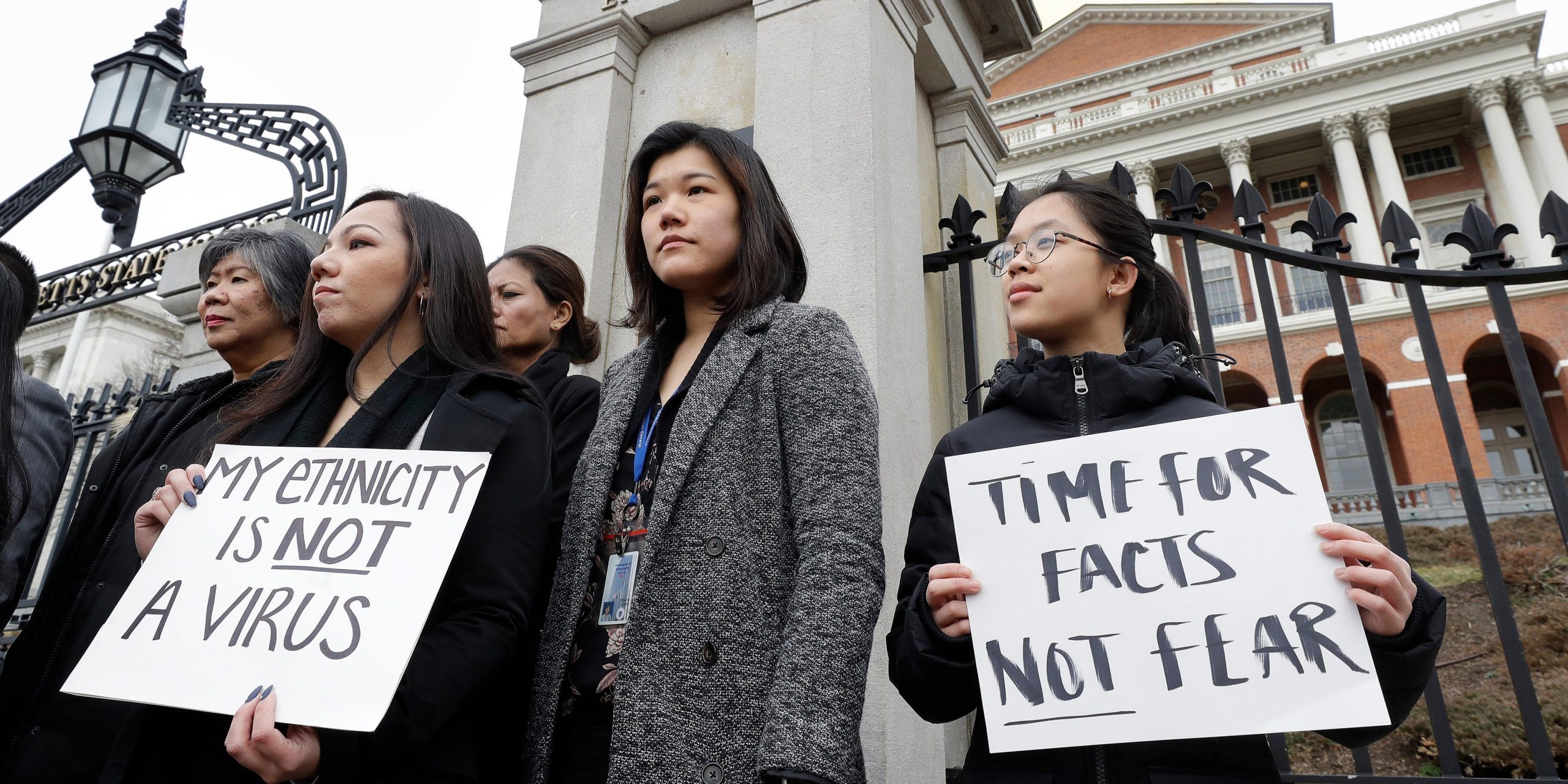
AP Photo/Steven Senne
- Incidents of racism and bias against Asian Americans have shot up since the onset of COVID-19.
- Stop AAPI Hate is a reporting center that’s been tracking cases of Asian American hate since March.
- The site’s 2020 data tell an alarming story of skyrocketing intolerance against Asian Americans.
- Visit Insider’s homepage for more stories.
Before COVID-19 was even reported in the US, Manjusha Kulkarni knew Asian Americans would soon face hatred and bigotry, as frightened people sought something or someone to blame for the novel coronavirus.
Kulkarni, executive director of the Asian Pacific Policy and Planning Council, said she first heard about a COVID-19-related hate incident targeting an Asian American last February, days before the country had even confirmed its first case.
“Sadly, or maybe expectedly, the racism preceded the disease, and that’s how we know that it’s not fact-based,” Kulkarni told Insider.
New research by the World Health Organization and international scientists indicates the source of the novel coronavirus can most likely be traced back to an animal origin within China or Southeast Asia. A seafood market located in the city of Wuhan in the Chinese province of Hubei became one of the first-known super spreader events, though scientists now acknowledge that it was not the site of the first cases.
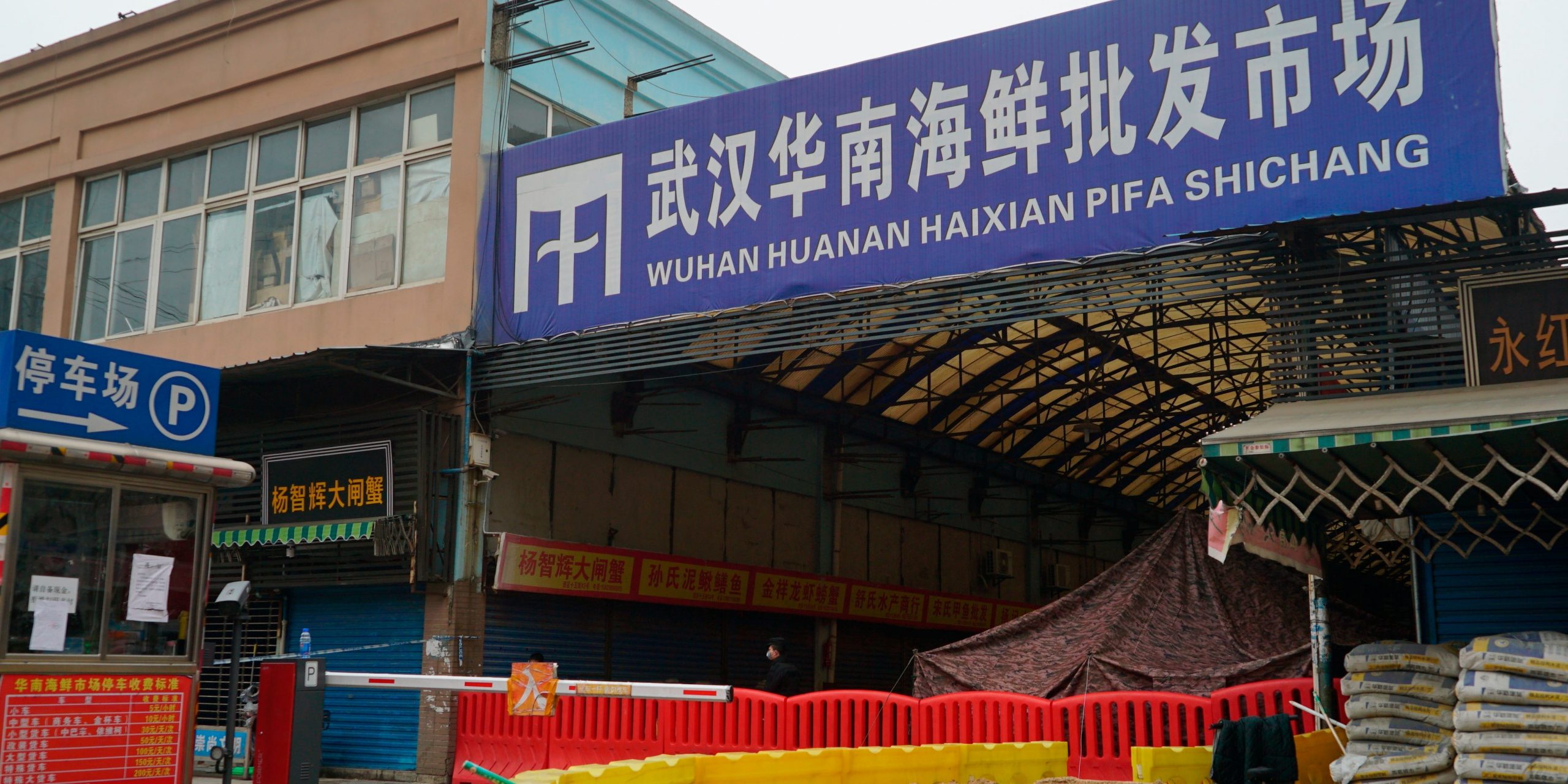
AP Photo/Dake Kang
More than a year later, the virus has spread throughout the entire world, devastating economies, infecting more than 100 million people, and killing millions in its destructive wake.
But the virus has had consequences beyond the medical and financial, as evidenced by the growing number of racist incidents against Asian-Americans in the last year.
A recent surge in hate crimes against Asian Americans caught on video and the ensuing celebrity involvement in trying to catch the perpetrators has once again brought attention to the ongoing tendency of some to blame Asian people for the pandemic.
And experts say the phenomenon isn't a new one
"We see history repeating itself in that Asian Americans are again being cast as the perpetual foreigner who don't belong, who are diseased, who are threats," said Russell Jeung, chair of the Asian American Studies Department at San Francisco State University.
As COVID-19-related bias incidents against Asian Americans became more and more frequent during the first month of the pandemic, Jeung said he was eager to document the rampant racism in order to collect data on the incidents and hold the government accountable.
On March 19, the Asian Pacific Planning and Policy Council along with the advocacy organization Chinese for Affirmative Action, and the Asian American Studies Department at San Francisco State University launched the Stop AAPI Hate reporting center to track and respond to incidents of hate, violence, harassment, discrimination, shunning, and bullying against Asian Americans and Pacific Islanders
"Nobody believes that Asian Americans experience racism to the extent that we do," Jeung said.
As the country approaches the one-year anniversary of the onset of the virus, the anecdotal data collected by Stop AAPI Hate during 2020 is harrowing.
The reporting center received thousands of self-reported incidents of COVID-19-related hate against Asian Americans in just seven months
Earlier this month, Stop AAPI Hate released its 2020 data in response to the recent surge of incidents involving violent attacks against Asian Americans, including an elderly man who was fatally assaulted in San Francisco in January, and a 91-year old man who was pushed to the ground in Oakland's Chinatown earlier this month.
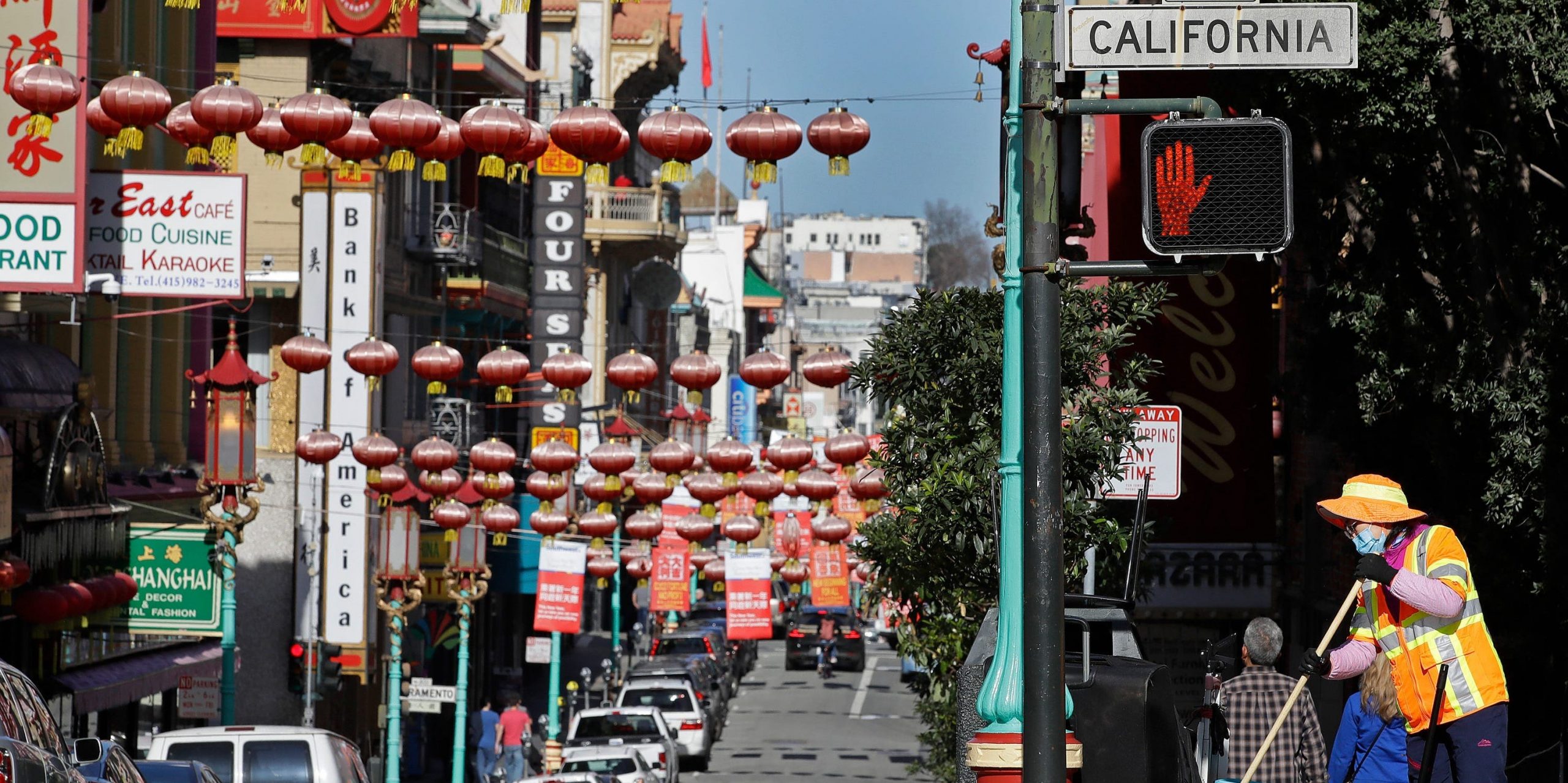
AP Photo/Ben Margot
Though these recent incidents have garnered widespread public attention, Stop AAPI Hate's data makes clear that Asian Americans have been facing increased racism for months.
From March to December, the reporting center received more than 2,800 first-hand accounts of anti-Asian hate in 47 states and DC.
In terms of trends across the country, Kulkarni said the incidents happen more frequently in places home to large numbers of Asian Americans, like California and New York. But she emphasized that no place is immune.
"It's urban, it's rural, it's Midwestern, it's Southeastern," Kulkarni said.
Populations within the Asian American community that could be considered vulnerable are also singled out, according to the data, with women being harassed nearly 2.5 times more often than men, and youth under 20 accounting for 13% of cases.
Elderly Asian Americans are bearing a disproportionate brunt of violent hate incidents
Stop AAPI Hate received 126 cases involving 60+ year-olds in 2020, making up 7% of all the reported incidents.
The elderly reported being physically assaulted nearly five percent more than the Asian American population overall, though verbal harassment and shunning made up the highest types of discrimination against the elderly.
Older Asian Americans also reported more civil rights violations, like workplace discrimination or being barred from establishments, than the overall AAPI population.
"People may think the elderly are more frail, less likely to fight back, and because they don't speak English, may not report to the police," Jeung said. "But they're reporting to us."
Jeung said the considerable number of older Asian Americans who have utilized Stop AAPI Hate's reporting center is striking.
"You don't think of Asian American senior citizens as going online and complaining, but they are to us," he said. "They know when they're being mistreated, and so they're speaking out to us and asking us to be a collective voice for them."
Stop AAPI Hate's data is likely just the tip of the iceberg
Despite the virus's origins in China, the center's data reveals all Asian Americans - not just Chinese people - are facing increased levels of racism.
"Racists don't do their ethnic homework," Kulkarni said while emphasizing that no group of people should be targeted. "They do it based on their hatred."
Kulkarni said the data they've collected so far is likely just the tip of the iceberg when it comes to the widespread racism Asian Americans are facing.
According to an Ipsos survey conducted for the Center for Public Integrity last spring, more than 30% of Americans, and 60% of Asian Americans had witnessed someone blaming Asian people for COVID-19.
Kulkarni saw it as well.
Before lockdowns were imposed last March, Kulkarni said she heard two white women at the hair salon blaming Asians and their dietary habits for COVID-19.
She felt emboldened to speak up as an expert on Asian American issues and told the women their claims were factually incorrect.
"They told me that I misinterpreted their comments, which I didn't because I'm a civil rights lawyer of 25 years," Kulkarni said. "I know what I heard. I know what they were saying."
Experts have linked the normalized racism displayed by the Trump Administration directly to increased hate incidents against Asian Americans
Kulkarni linked the bolstered racism against Asian people in part, to former President Donald Trump and fellow Republican lawmakers' "concerted effort" to blame China for COVID-19, using incendiary and factually incorrect language to describe the virus at the onset of the pandemic.
Trump, at various times, referred to the coronavirus as the "Chinese Virus," the "Wuhan Virus," and "Kung Flu."
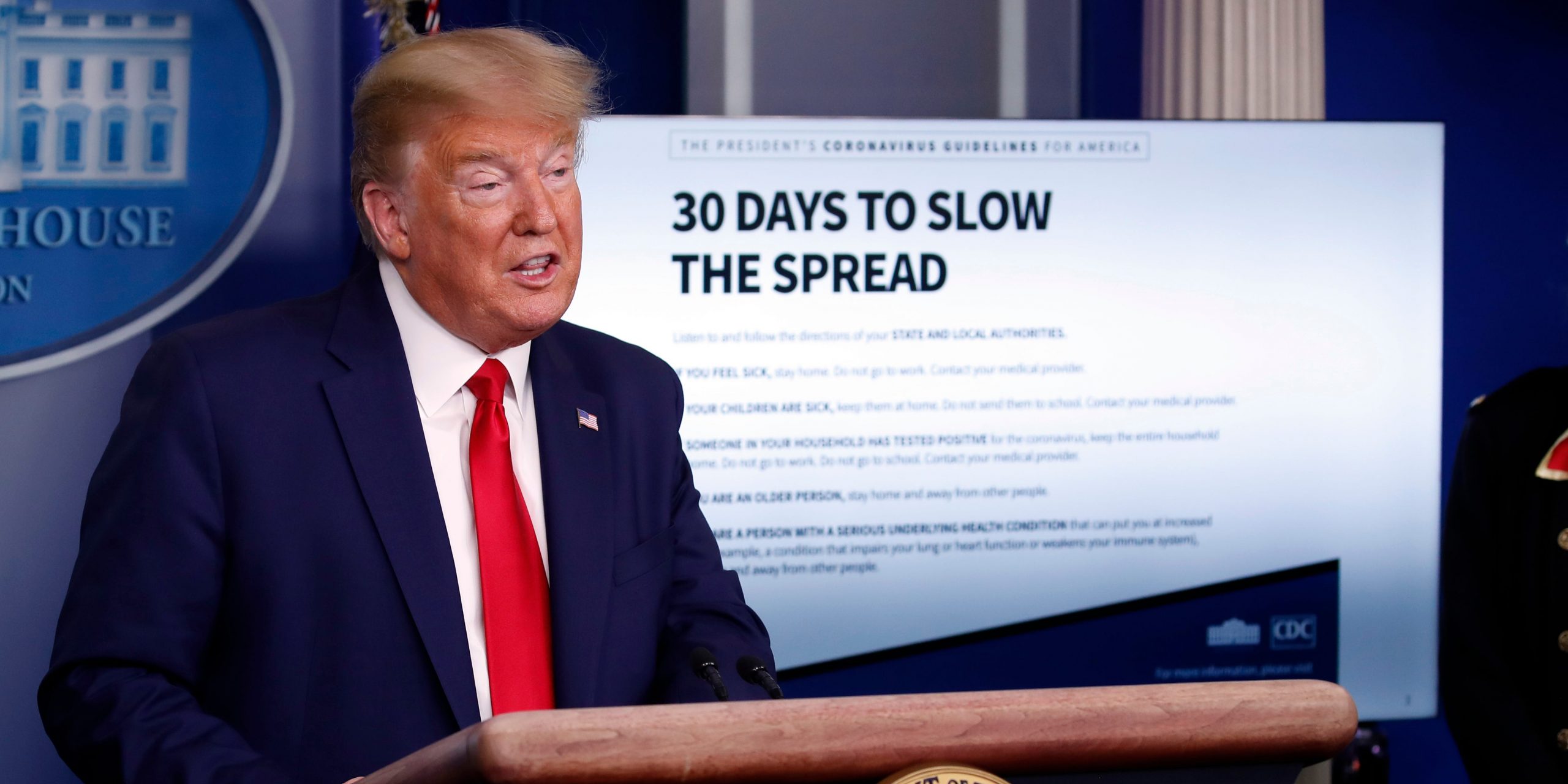
AP Photo/Alex Brandon
Experts on Asian American culture and studies told Insider last summer that the racist monikers could perpetuate dangerous microaggressions against Asian Americans.
Now, nearly one year after the onset, Kulkarni said Stop AAPI Hate's data shows that the blatant racism fomented by the former president and his colleagues contributed to a culture of prejudice and blame directed at Asian Americans.
The normalization of racism on a national level compounded with a historical precedent of racial animus targeting Asian culture, food, and behavior, created the perfect brewing ground for hate incidents to skyrocket, according to Kulkarni.
The US has long treated Asian Americans as "perpetual foreigners," buying into the xenophobic stereotype in which native-born citizens are perceived as foreigners simply because they belong to a minority group, Jeung told Insider.
From the Chinese Exclusion Act of 1882 to the brutal murder of Vincent Chin - a Chinese-American man beaten to death by two white men who blamed Japanese imports for rising unemployment in the auto industry - America's ongoing "Yellow Peril" has led to racist policies and interpersonal attacks time and time again, according to Jeung.
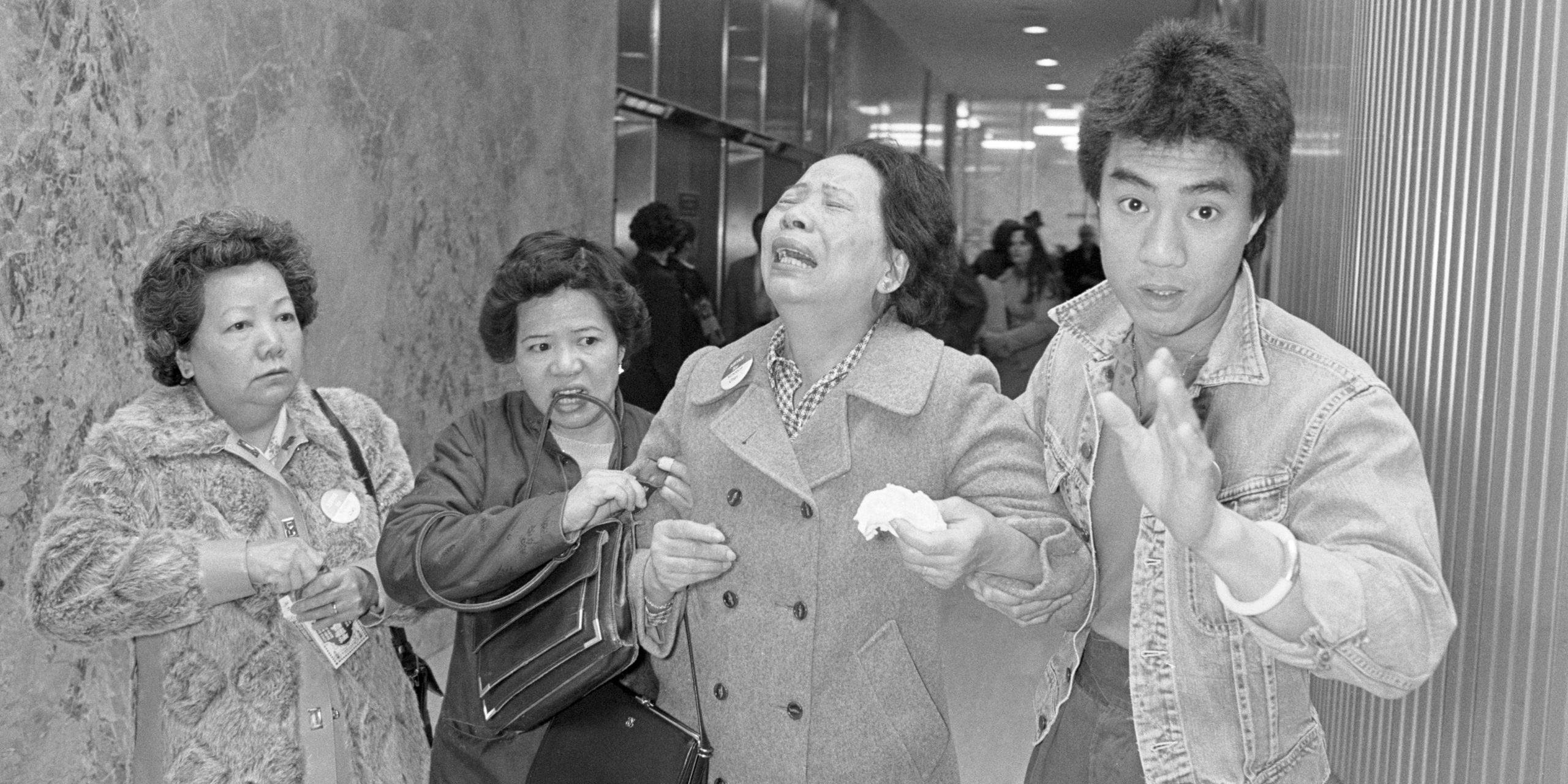
Via Getty Images
"Attacks and assaults against Asian Americans have been part of American history for over 100 years," Kulkarni said.
Some lawmakers have started to take action to address the flagrant racism
In September, the House of Representatives passed a resolution sponsored by Rep. Grace Meng of New York, that denounced the anti-Asian sentiment that has risen since the outbreak of the coronavirus.
Then in January, President Joe Biden issued a memorandum condemning and combating the racism, xenophobia, and intolerance against Asian Americans and Pacific Islanders.
"The Federal Government must recognize that it has played a role in furthering these xenophobic sentiments through the actions of political leaders, including references to the COVID-19 pandemic by the geographic location of its origin," the memorandum reads, seemingly referencing Trump's name-changing of the virus.
Stop AAPI Hate issued a statement in response to Biden's memorandum, commending the president for the "first step," while underlining the need for additional action.
Experts are looking ahead toward solutions
Kulkarni said the next steps to combat Asian American hate need to take place at every level of government: local, state, and national.
"We know it's not going to go away unless we address the root issues," Jeung said.
While the physical attacks are alarming, most of Stop AAPI Hate's reported incidents don't actually involve a crime. The majority are cases of verbal harassment on the streets or in businesses.
"We can't rely on law enforcement if very few of these are crimes," Kulkarni said. "When you get discriminated at the pharmacy, it doesn't make sense to call the police."
Instead, Kulkarni and Jeung are advocating for a combination of educational, civil, and community actions.
Anti-racism bullying curriculum and more public education on racism would help promote broader racial empathy and solidarity, Jeung said.
Stop AAPI Hate is also calling for expanded civil rights enforcement. While stronger hate crime laws won't do much to address street harassment or shunning, Jeung said updated civil rights codes could be effective in combating intolerance.
Community outreach and assistance are essential as well, according to Jeung. Stop AAPI Hate has hosted seminars to inform members of the Asian American community about their fair housing and employment rights, and the center has deployed multilingual outreach to help mediate incidents of bias.
"We're not trying to punish people or criminalize people," Jeung said. "Restorative justice helps reconcile people, so, we like those approaches that hold people accountable but also help the victims have a voice."
Reading about the influx of reported hate incidents against Asian Americans has been hard for Jeung. "I don't want to become numb to it, but I have had to distance myself from it because it's so horrifying," Jeung said.
But there is one thing giving him hope.
"Despite the traumatizing incidents, what encourages me is to see the Asian American community really stand up and fight again," Jeung said. "I see us really united, I see Asian Americans from all walks of life...all taking action and trying to protect our community and fight for justice, not just for ourselves, but for all."





